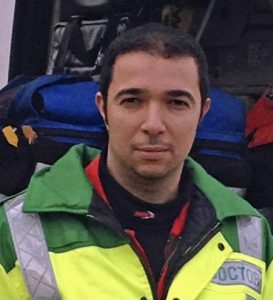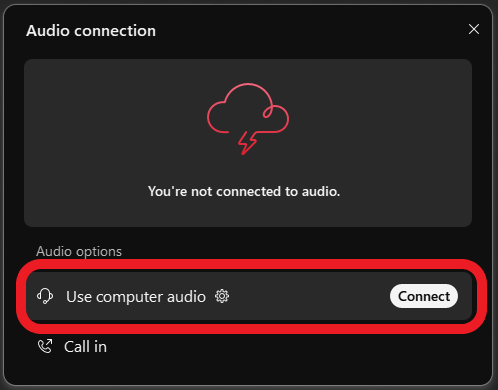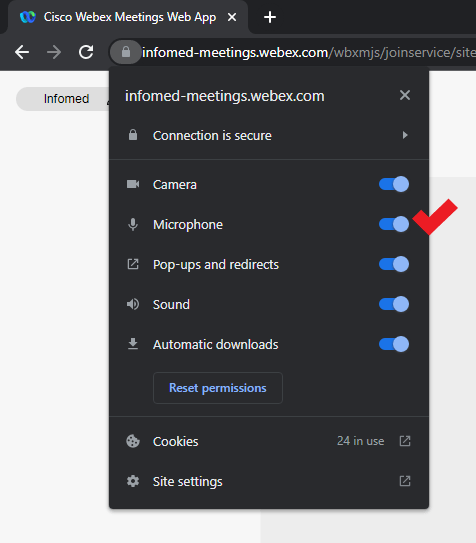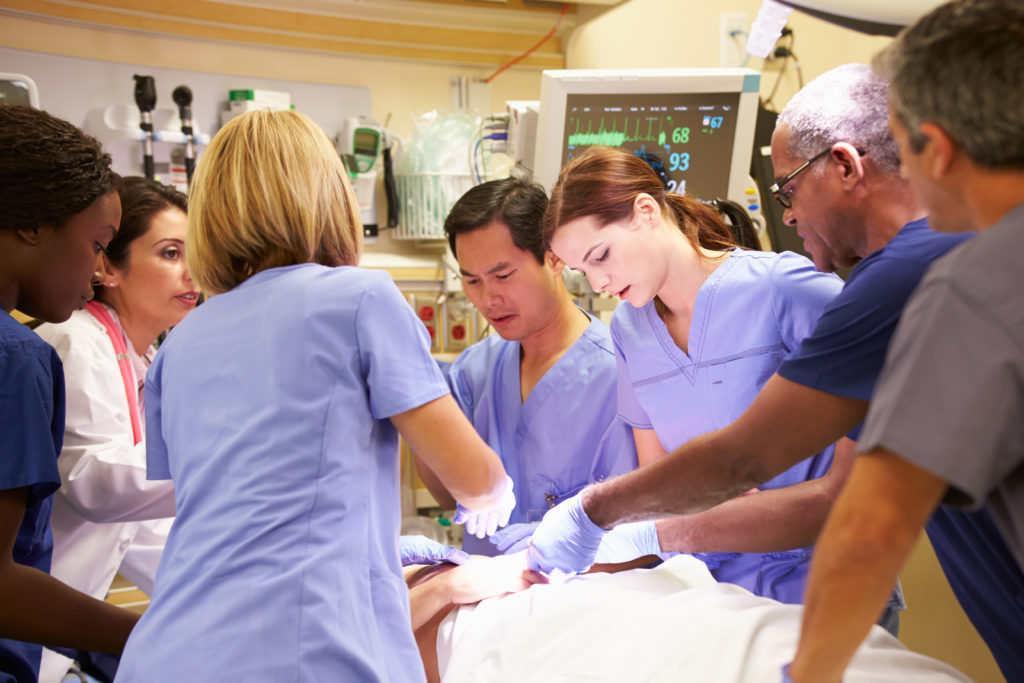Established in 2004 in the UK
CPD accredited, online courses
for doctors in all of the major specialties
Registered in England No. 05200146
VAT Registration No. 887 8570 48
Navigation: Home » Emergency Medicine » Live: Emergency Medicine CPD Courses » Resuscitation Symposium 2025
10.00 – 10.50
Consultant in Acute and General Medicine, Surrey and Sussex Healthcare Trust
10.50 – 11.40
Consultant Anaesthetist, (anaesthesia for head and neck/maxillofacial cancers), the Royal Marsden NHS Foundation Trust, London
11.40 – 12.00
12.00 – 12.40
Consultant in Emergency Medicine, Imperial NHS Trust
12.40 – 13.20
Consultant in ICU and Emergency Medicine
13.20 – 14.00
14.00 - 14.50
Consultant in Emergency Medicine, Guy’s and St Thomas’ NHS Foundation Trust, London
14.50 - 15.40
Consultant in Emergency Medicine, St Thomas’ Hospital, London
15.40 – 16.00
16.00 - 17.00
Consultant in Emergency Medicine, St Thomas’ Hospital, London
Thursday 26 June 2025
09.20 – 10.20

Consultant in Critical Care and Emergency Medicine, Barts Health NHS
10.20 – 10.20

Consultant in Emergency Medicine, Wales
11.20 – 11.40
11.40 – 12.20
Consultant in Emergency Medicine and Critical Care, Manchester Royal Infirmary
12.20 – 13.10
13.10 – 14.00
Consultant in Emergency Medicine and Critical Care, Manchester Royal Infirmary
14.00 – 14.50
Consultant in Critical Care & Lead for Cardiogenic Shock, Barts Heart Centre, London
14.50 – 15.10
15.10 – 16.00
Consultant in Anaesthesia & Intensive Care Medicine, Royal London Hospital, Barts Health NHS Trust
16.00 – 17.00

Consultant in Critical Care and Emergency Medicine, Barts Health NHS Trust
An international Faculty, listing experts with years of experience in reporting (and in disseminating skills and practical knowledge to peers) from leading British and American hospitals, namely:

Tim Harris is qualified in intensive care medicine, emergency and pre-hospital medicine in Australia and the UK. He works in these specialties at the Royal London and Newham University Hospitals and London HEMS. He is academic lead for the London School of Emergency Medicine. He is Professor of Emergency Medicine at Barts Health NHS Trust and QMUL, London, UK.

Consultant in Critical Care and Emergency Medicine, Barts Health NHS Trust
Consultant in Emergency Medicine, Imperial NHS Trust
Consultant in Emergency Medicine & Critical Care, Manchester Royal Infirmary
We will contact you by email one week before the course takes place with all the necessary links and joining information.
We will re-send the links the day before the course.
If you have not received an email from us please contact us at webinars@infomedltd.co.uk and we will respond ASAP.
NO. Infomed shall provide you, upon registration a link to stream the course within your web browser, or you can download a small application to run it as a separate window on your computer. If you would prefer a mobile device, we shall also include a link download an app from the Play Store/App Store.
YES! It is very much encouraged. There will be Q&A sessions chaired by Infomed. You can type your questions in the ‘chat’ facility and they will be put to the speakers.
You can find your catch-up in your account page.
At the end of the catch-up page you will find a link to the feedback form, which will generate your CPD certificate when you submit your feedback.
If the catch-up is not visible in your account, please contact us and we will amend your account ASAP.
Using the short videos below, we shall guide you through the process of joining a meeting using Webex.
If joining from your own computer
If you are connecting from your own device then it is likely that you will be able to join via the Webex application.
If joining from a trust/institution computer
However, if you are using a computer that is owned and restricted by your trust, then you may find it easier to join via your web browser. Please see the second video for guidance on this process.
When you connect to a course you should see some introductory slides and hear music.
If you cannot hear any music please check you are connected to the audio.
At the bottom of the webex meeting you may see a button that says “Connect to audio”.
Click this and then select “Use computer for audio” in the pop-up box.
If you have connected by a browser you may need to give your browser access to your microphone in order to connect to the audio.
Click the padlock in the top left of your browser and make sure microphone access is allowed
To join an Infomed Online course you simply need an internet connection and a browser (Google Chrome, Mozilla Firefox, Apple Safari).
You can also connect from a mobile device: Download the Webex Meetings app from your App Store.
To join a course with a smooth experience, your internet connection must be stable, not connected to a VPN and at least 20Mbps download.
Below you can use the tool to run an internet speed test.
You must test from:
Internet Speed Test
Please test your connection speed at www.fast.com
To join a course with a smooth experience, your internet connection must be stable, not connected to a VPN and at least 20Mbps download.

Early bookers rate: £320
(until 7 March 2025)
Normal fee: £350
Fees include VAT
This course is hosted online using Teams or Webex. We shall provide you with a joining link and instructions one week before the course begins.
In the meantime, you can checkout our tutorials below. On the course day, we also provide full support and giudance by chat, email and telephone.
© 2023 All rights reserved